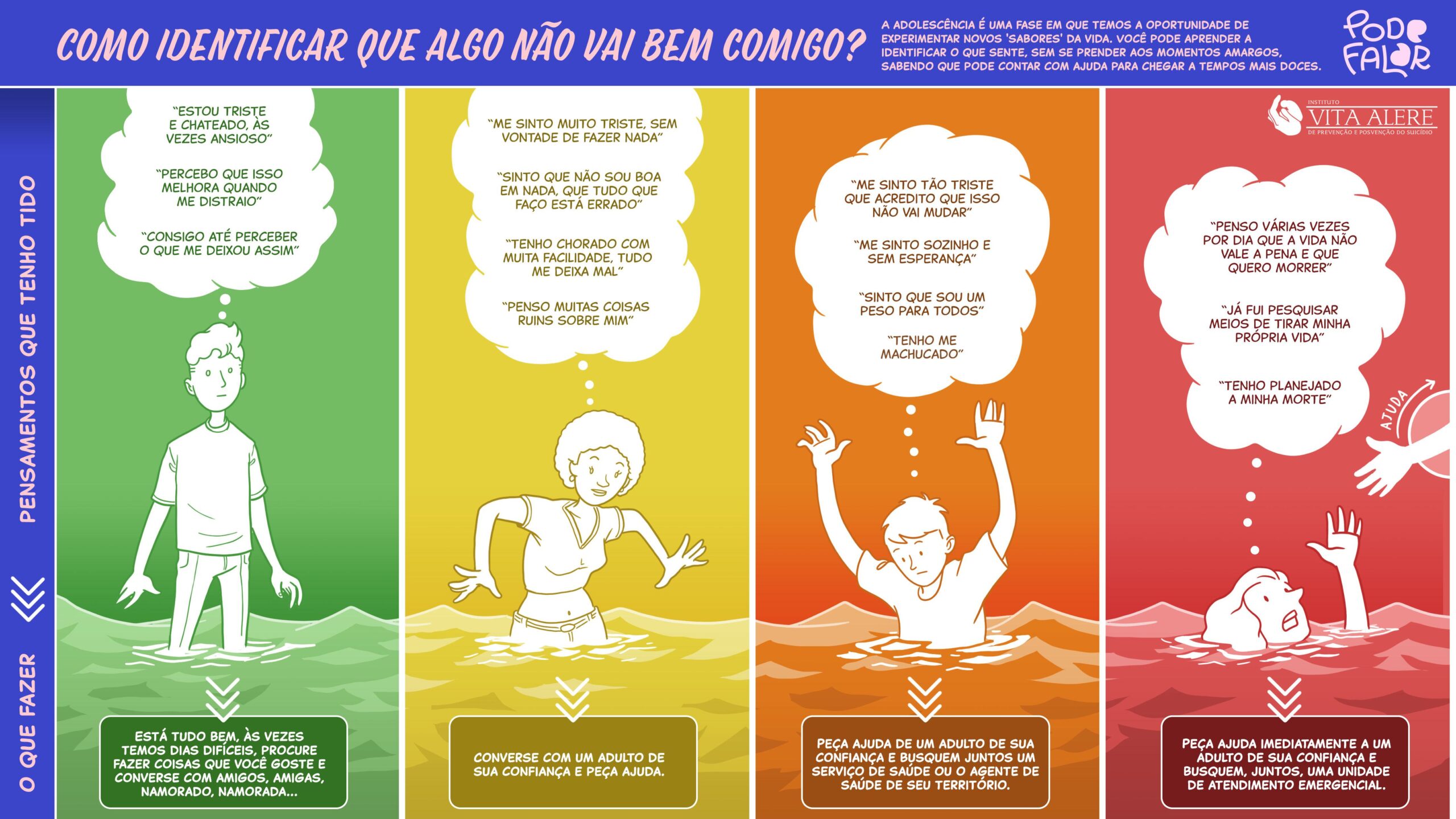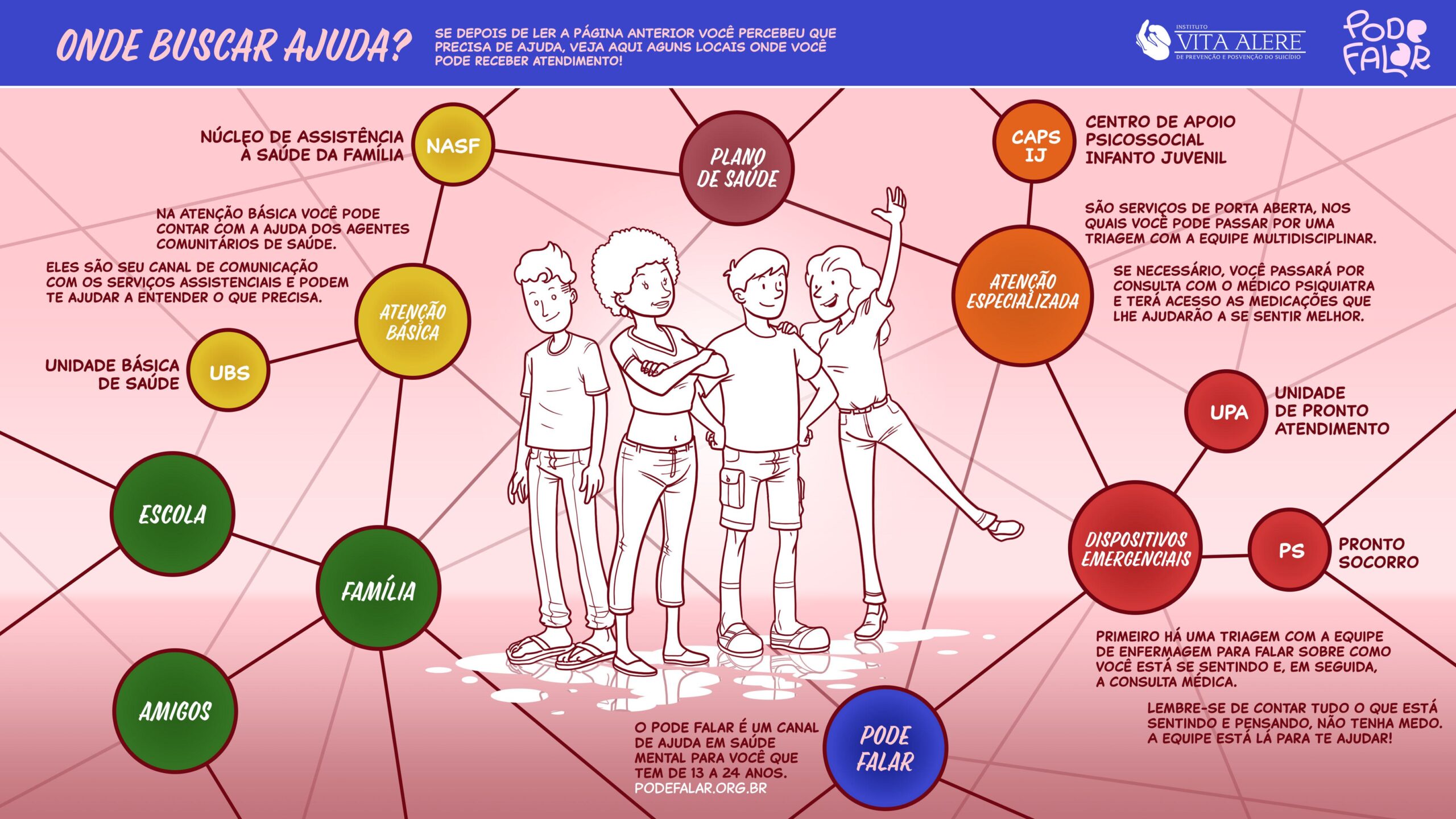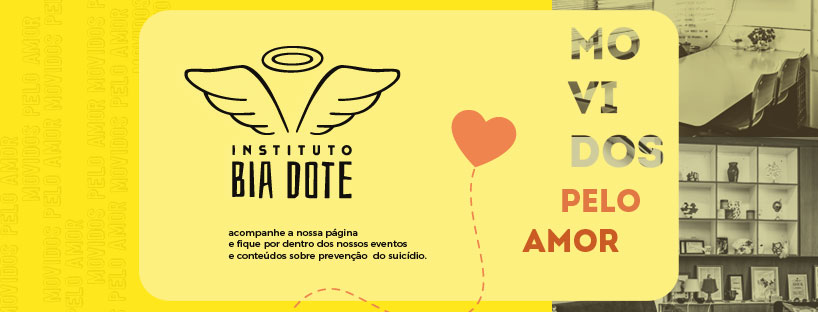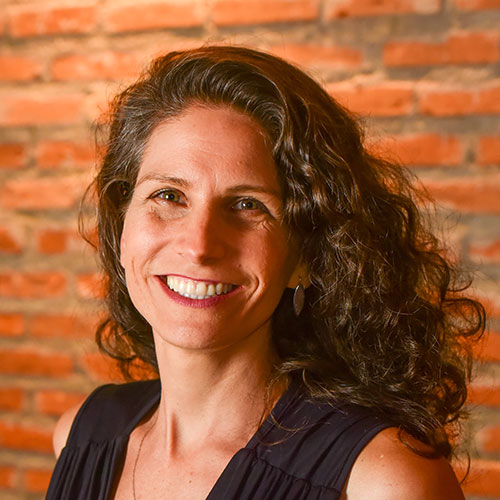Are you strugglingg? The Mental Health Map helps you find free psychological care across the country
Instituto Vita Alere developed the map with support from Google.org; the institute also offers extensive suicide prevention and postvention materials, as well as courses and support groups


Sudden mood changes, social isolation, changes in appetite, sleep problems, loss of interest in activities that were once enjoyable, constant irritability, recurring negative thoughts, thoughts of death, or the desire to self-harm… If you are experiencing most of these symptoms, or know someone going through this, it’s possible that you or they may need psychological support.
Identifying these symptoms is the first step in seeking professional help. But beyond recognizing them, knowing where to find that help is crucial. With this in mind, Instituto Vita Alere developed the Mapa da Saúde Mental. This digital platform identifies free psychological services across Brazil and provides a wealth of information on mental health.
“It’s easy to say ‘seek help.’ But where is that help? We know many people turn to the internet for answers, but the available information may not always be reliable”, says psychologist and founder of Instituto Vita Alere, Karen Scavacini.
On the map, you can find mental health clinics, basic care units, CAPS (Psychosocial care centers), psychiatric hospitals, as well as third-sector initiatives and university-based services. There’s also a specialized search for topics related to diversity, technology, women, and communities in favelas.
Free psychological care
According to Karen, the map was initially created from a database of 66,000 information entries, making it a valuable public service tool. However, the research shows that free psychological services are still insufficient. To expand access, Karen advocates for more community-based actions.
“There is a project called Vovós da Depressão (Depression Grandmothers in English), where a specialized team trains grandmothers in marginalized areas to become local listeners. They learn to assess risks and, when necessary, refer people to health services. But often, people just need that listening space, that sense of belonging, of being seen”, Karen explains.
“It’s also very beneficial for the grandmothers. They are recognized, including for their life experience. And they live in the community; it’s not an outside psychologist coming in with an approach that may not resonate with that population”, she continues.

Suicide prevention and postvention
According to the World Health Organization (WHO), around 12 million people in Brazil suffer from depression, and nearly 18 million have anxiety. There are many causes of mental suffering, which, in extreme cases, can lead to suicide: marital conflicts, the loss of loved ones, debt, unemployment, bullying, not being able to express one’s sexual orientation freely, and others.
Karen emphasizes that preventive actions must go beyond simply providing access to appropriate treatment. “It’s not enough to refer someone to a psychiatrist if they can’t hold a job or have nothing to eat. Likewise, increasing the number of CAPS or available psychologists while allowing access to online games and firearms is not a solution. The debate is always a bit more complex, but we need to start somewhere”.
Information and awareness
In addition to the Mapa da Saúde Mental, Instituto Vita Alere also produces educational content and conducts campaigns and training programs. On the institute’s website, you can download over 30 free informational guides. These include guidelines on how to speak safely about mental health, particularly how to discuss suicide in the media.
There are also two online courses available to the general public. The Bem Estar Digital course is designed for health professionals to help them guide their patients in managing digital life. The Falar Ajuda course focuses on mental health support for boys and young men, aimed primarily at educators.
“We know that men are three times more likely to die by suicide than women, so we conducted research to understand how to communicate with boys about mental health, what words to use, where they seek information, and more”, explains Karen.
“We also created a course for professionals in the public security sector, in partnership with the Ministry of Justice, with around six thousand enrollees, including military personnel, police officers, firefighters, and other public servants. Additionally, we provide volunteer consulting services to the São Paulo Fire Department and São Paulo Metro”, Karen notes.


Youth mental health and social media
The rising number of young people dying by suicide is a sign that something is wrong. To raise awareness, the institute has conducted various campaigns and produced materials, such as the e-book “Saúde Mental Entre Jovens e Adolescentes (Mental Health Among Youth and Adolescents, in English)”, developed in partnership with UNICEF, and the guide “Prevenção do Suicídio na Internet (Suicide Prevention on the Internet in English).
The first campaign aimed at young people was #euestou (I am here) on Facebook, which reached over 45 million views. “It really took off… We realized it was possible to talk directly to young people about a topic no one wanted to address”, says Karen. Since then, the institute has maintained partnerships with Meta, Google, YouTube, TikTok, and Discord.
Karen highlights that young people’s relationship with social media and technology differs from that of adults, which requires guidance beyond just screen time control. “Young people need to recognize whether their use of social media is passive or active, how they feel after using it, and what kind of content they are consuming”.
“They are from a different generation and often come across suicidal content and methods of self-harm because these materials are available online. But even more concerning are the subliminal messages they don’t notice. The violence, racism, exclusion, comparisons, the idea that life must be perfect, the pressure to post, the flood of ads for online games and betting… This overload is harmful”, she warns.
Want to support this cause?
Visit the Mapa da Saúde Mental and learn more about other suicide prevention and postvention projects on the Instituto Vita Alere website.
To learn more, follow us on Instagram and Facebook.





